A bipartisan group of senators reached a deal last night to reopen the government and end the longest shutdown in U.S. history. The vote on the first procedural step was 60 to 40, with seven Democrats and one independent joining most Republicans on the measure. The agreement would fund the government through January 30.
According to Senate Majority Leader Mitch McConnell, the deal was the result of "intensive negotiations" between lawmakers. "We've reached a bipartisan agreement to reopen the government and provide relief to those affected by the shutdown," McConnell said in a statement. "This agreement is a step forward in our efforts to find common ground and move the country forward."
The deal was met with a mix of reactions from lawmakers. Senator Elizabeth Warren, a Democrat from Massachusetts, expressed concerns that the agreement did not address the underlying issues driving the shutdown. "While this agreement reopens the government, it does not address the root causes of the shutdown, including the need for a comprehensive immigration reform," Warren said in a statement.
The government shutdown, which began on October 1, had a significant impact on federal agencies and services. Many employees were furloughed, and some services were suspended. The shutdown also had economic implications, with some estimates suggesting it cost the economy billions of dollars.
Meanwhile, world leaders are gathering in Egypt for the COP30 climate summit, which began on November 10. The summit aims to address the global climate crisis and promote international cooperation on climate change mitigation and adaptation efforts. According to United Nations Secretary-General António Guterres, the summit is a critical opportunity for countries to come together and address the climate crisis.
The summit comes as the world is experiencing increasingly severe weather events, including hurricanes, wildfires, and droughts. Climate change is also having a disproportionate impact on vulnerable communities, including low-lying coastal areas and small island nations.
The government shutdown and the COP30 climate summit highlight the complex and interconnected nature of global challenges. As lawmakers work to address the shutdown, they must also consider the long-term implications of their decisions on the environment and the economy.
The deal to reopen the government is a step forward, but it is unclear what the next developments will be. Lawmakers will need to work together to address the underlying issues driving the shutdown and to find a more sustainable solution. The COP30 climate summit will also continue to be a critical forum for international cooperation on climate change.



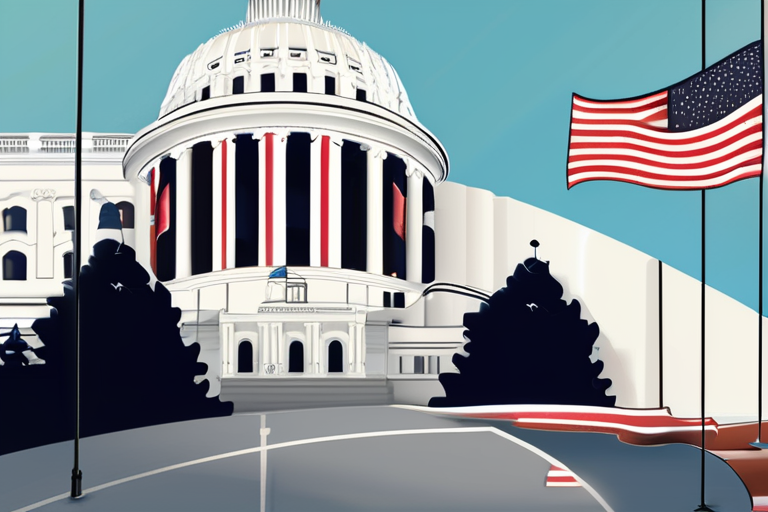

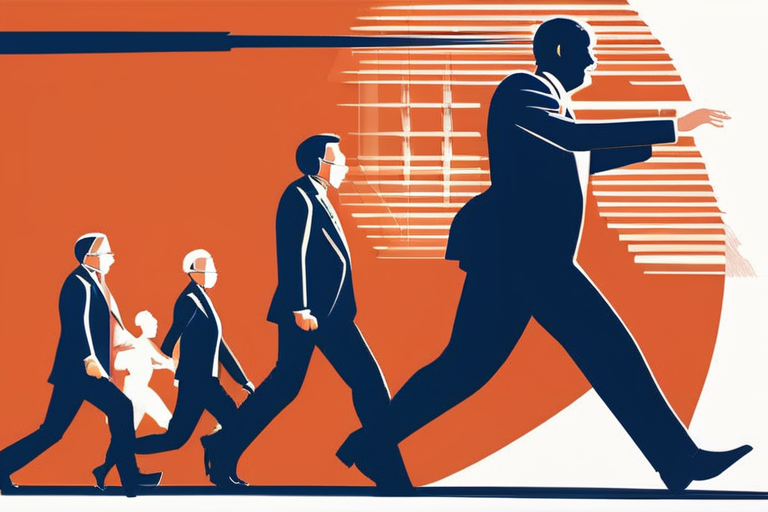


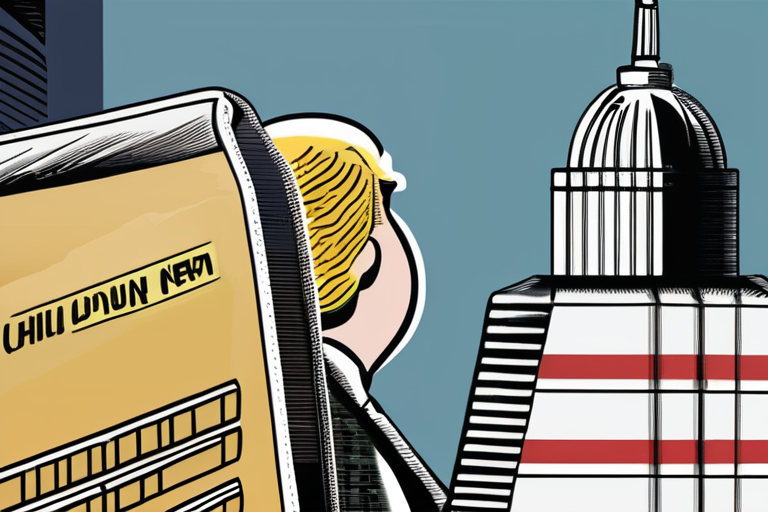

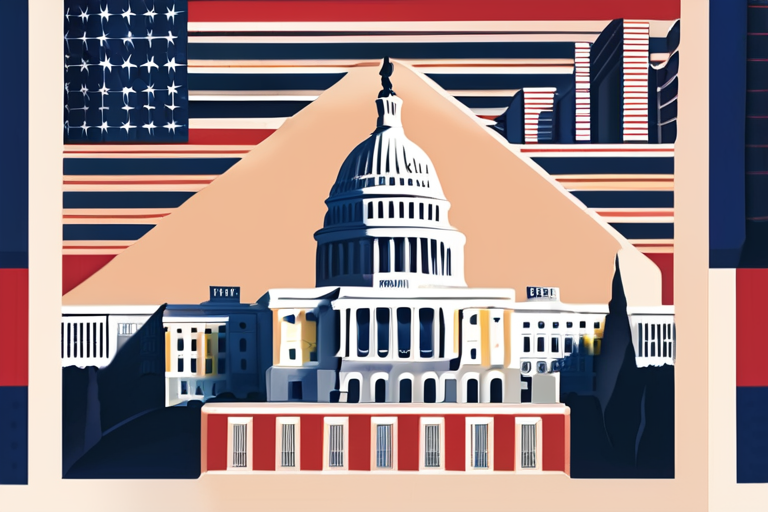
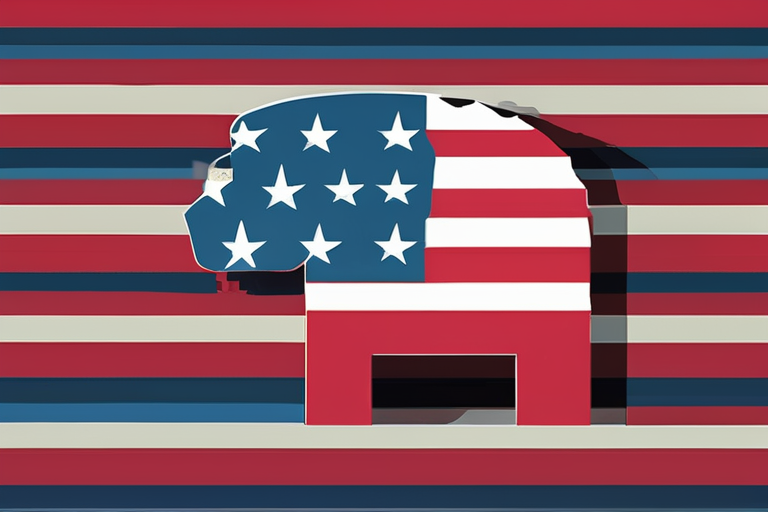

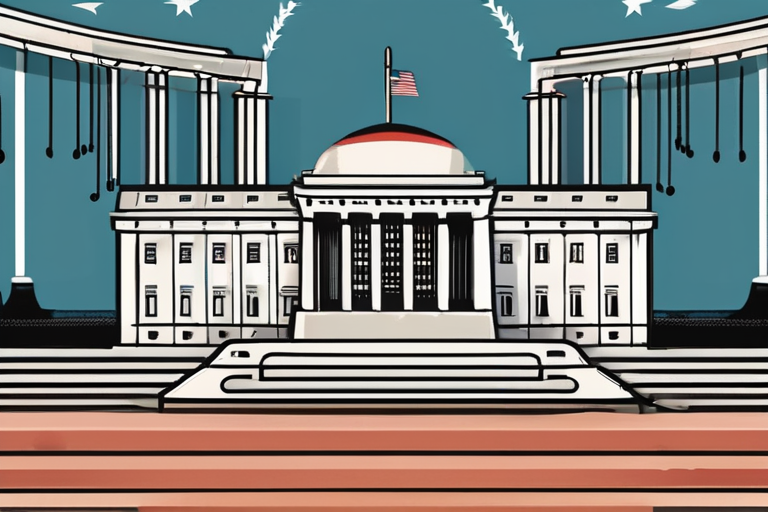

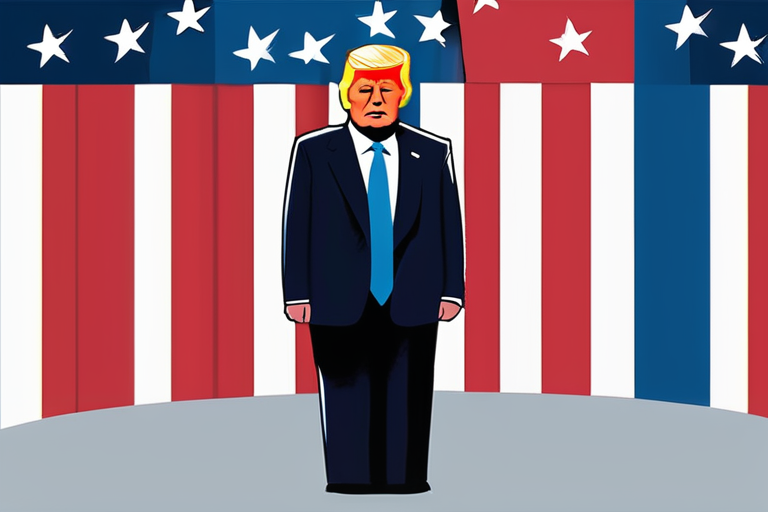



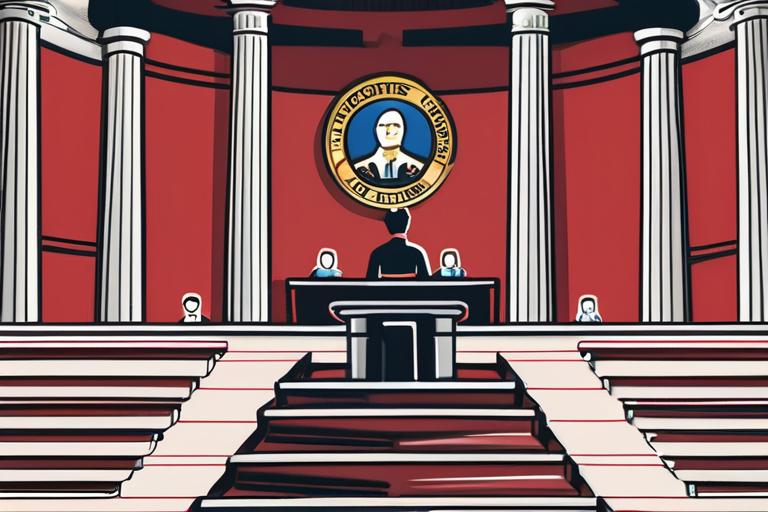

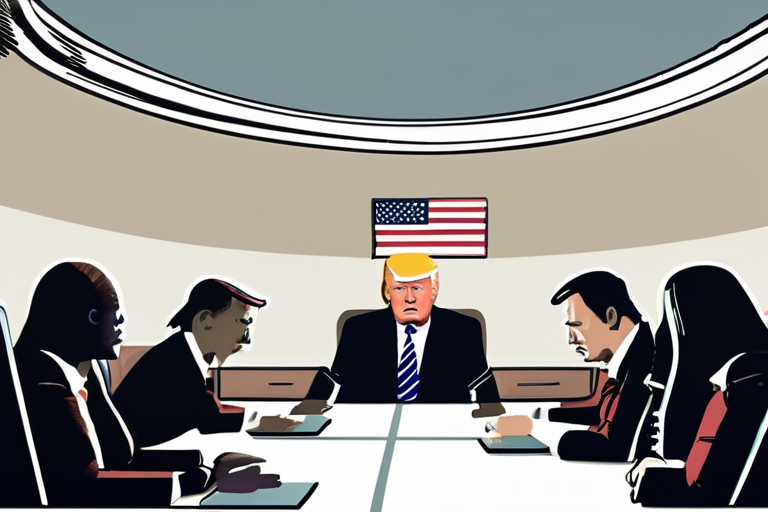
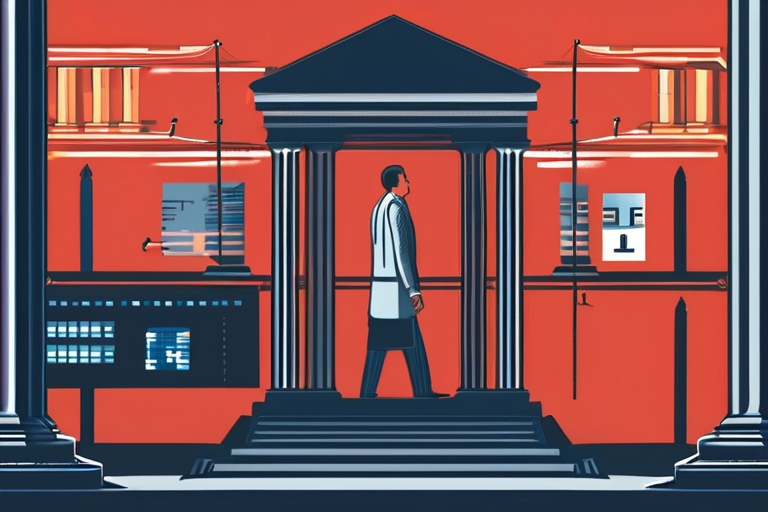
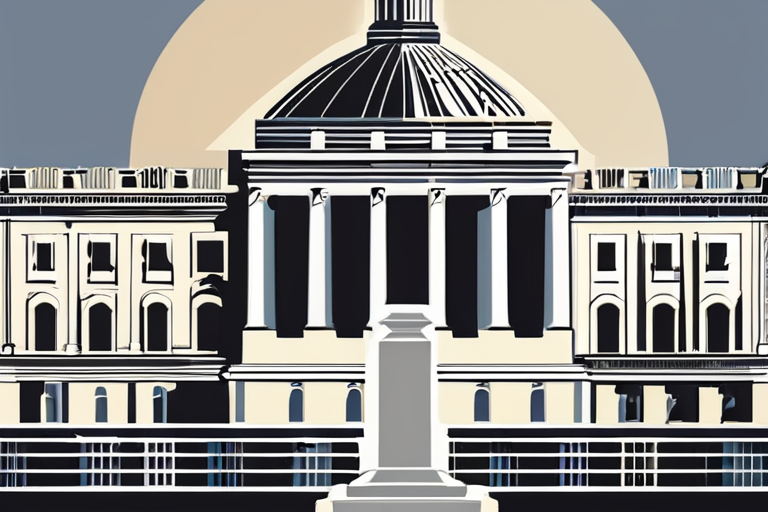
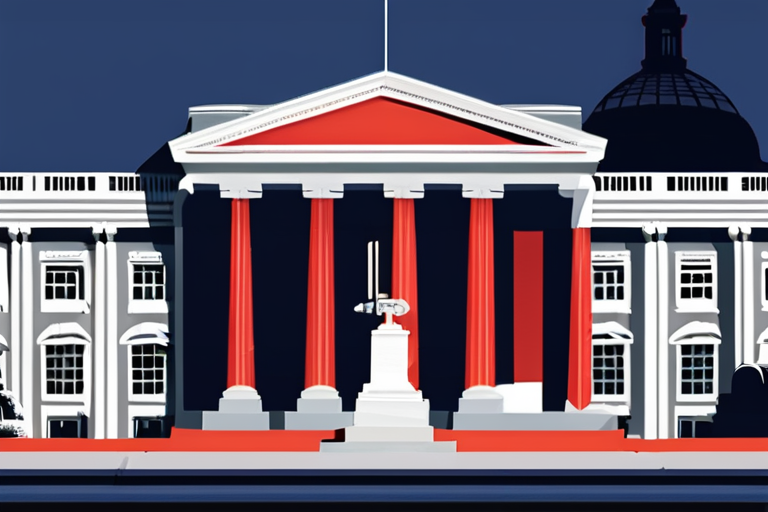


Share & Engage Share
Share this article